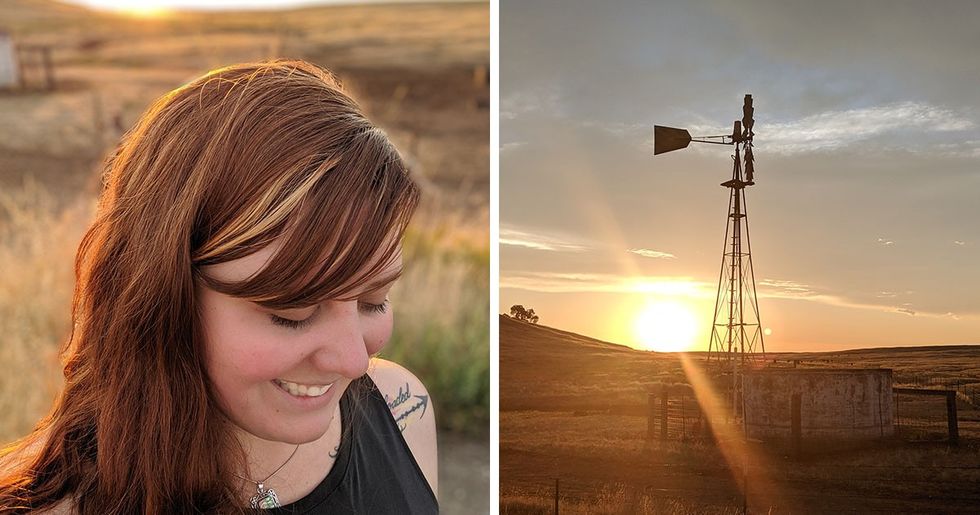
The 7 Things I Learned About Loving Again After Abuse
When I first began my healing journey after escaping my narcissistic and psychopathic ex-husband, I was shocked at how many people had suffered similar abuse. Until you have lived through an abusive relationship it is nearly impossible to understand the magnitude of the problem in the world today.
I really dove into all the resources I could to help myself heal. I was under the impression that I could heal from all that I had suffered while I was single, so that if I ever did love again, I would be able to have the healthy relationship that I always wanted. I spent many years single, learning who I was again, reclaiming my power.
Then, when I least expected it, an amazing man fell into my life. He was everything my ex was not, everything that I had dreamed a partner would be. And I thought, because he had come into my life, that I was ready, that I had healed enough to date again. But that is not how PTSD works.
All the pain and trauma came rushing back. I felt out of control. Here was this man who wanted to love me, who genuinely cared. and I could not stop treating him like he was inevitably going to treat me the way my ex had. I was afraid of everything, and guilty about everything.
I realized I wasn't going to let my ex make me destroy every good relationship I would ever have. No way! So, I set out on a new healing journey.
Here are the top 7 things that I learned on my journey:
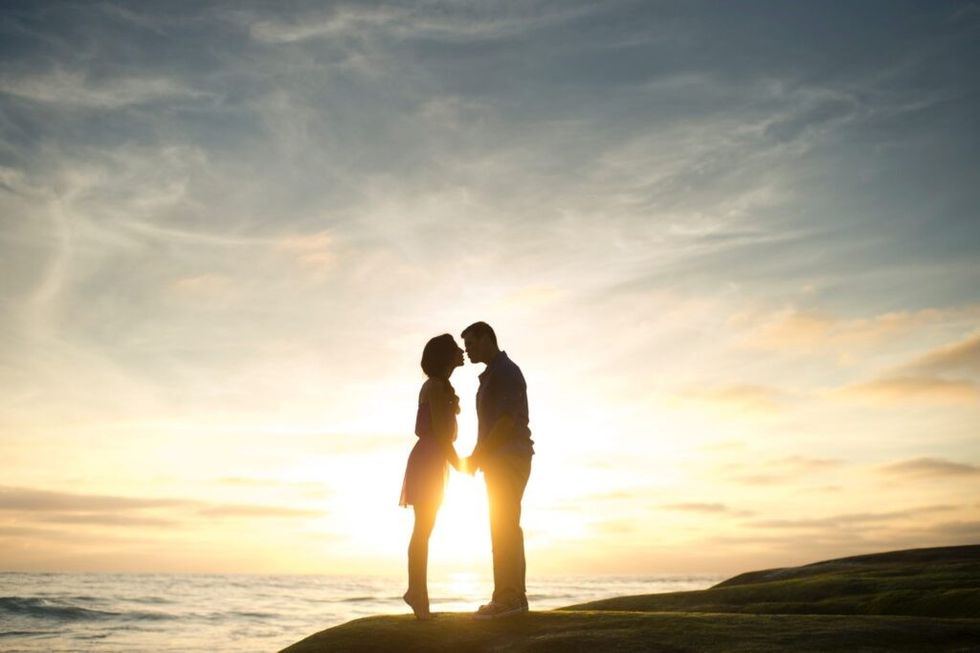
1. The lack of resources
There are very few resources out there for people who are trying to learn to love again after abuse. When you first leave an abusive relationship there are more resources than you know what to do with -- hundreds of Facebook groups and books and self-help articles -- but a few years down the line, when you are really dealing with the pain of the abuse smothering you in a new relationship, it is nearly impossible to find anything designed to specifically help you.
2. The gap in understanding
Most people that you talk to about what you are experiencing have a hard time understanding that the physical abuse is not nearly as scarring as the mental, emotional, or sexual abuse was.
People who have not been through abuse think that the worst part of abuse is the physical stuff. And it makes sense: the physical stuff is the easiest part for them to grasp because it is the easiest part for abuse survivors to talk about. We have words to describe what happened physically, but it is much harder to describe what you are experiencing emotionally.
Talking about the emotional and mental abuse is brutally painful, and sometimes, even expressing yourself in that way is triggering because your abuser made you feel like talking about your feelings is selfish, and that you were a bad person for doing so.
3. Subconsciously, you want your new partner to be the one to ‘fix’ you
I blame Disney for this one. We grew up with this image that our prince charming would swoop in and take us away from all the pain. So, when we become triggered into our past fears and guilt patterns in a new relationship, we think that our partner should be able to take our pain away. Even if we don’t believe this consciously, this belief shows up in the way we treat our new partners. We want them to heal us. We want them to love us so well that all the pain of the past is wiped away. Of course we do, it is way less scary to have someone else do the healing work for us. However, our partners can love us so purely and amazingly that they get an award for it, but it still won’t stop us from doubting everything.
4. Guilt is just as devastating to your relationship as fear
Most abusers, specifically narcissists, manipulate using guilt. They make you feel guilty for washing the dishes and not spending time with them, but if you don’t wash the dishes they made you feel guilty for not keeping the house clean.
When you react to this guilt in a new relationship, it makes you feel like nothing you do is right and therefore look for your partner’s approval for every action you do. This inevitably puts a strain on your relationship because you are literally seeking permission to exist.
5. Communication is important but must come from a place of personal growth
You should absolutely communicate with your partner about what happened to you in the past and what you are experiencing in the present. But it can be hard to communicate these things when you are feeling anxiety or fear without blaming your partner for what you are feeling. You should always calm down before speaking to your partner about what you are feeling. And be sure that you let them know what you are doing to try and prevent that trigger from happening again in the future or what they can do to support your growth.
6. Healing is absolutely and completely possible
All it takes to start healing is acknowledgement that you don’t want to feel the way you do any longer. I spent years reading every book I could and hiring coach after coach in order to facilitate my own healing. Because there were no resources specifically dedicated to loving after abuse this was a huge challenge. So, I started developing my own tools and eventually, I wrote a book on what I had learned.
I never want anyone else to feel the loneliness that I felt on my healing journey. All it takes to start healing is acknowledgement that you don’t want to feel the way you do any longer. You are loveable. You are not the problem. You can rise above what happened to you and love again. You are not alone in this journey. Ever.
7. People will try to convince you that healing is always difficult
To this I simply say: what? Why?
I stayed stuck in my pain and fear for so long that it nearly ruined my relationship because I was continually told how hard healing would be. Who on Earth will be motivated to heal if they are repeatedly told how impossibly hard?
I had already been through more hardship than I ever wanted. The last thing I wanted was another difficult experience.
But there is no reason that healing must be hard. Anyone who tells you this is scared of the healing journey. Do not believe them. Healing can and should be a fun and freeing experience. It should make you feel whole.
You can literally make it a game. Find yourself a team of support who agree that healing should be a good and happy thing. Whether this is your best friend or a coach or a therapist or, best yet, your partner.
You deserve to have the healthy love that you dream of. You deserve happiness in your life and to love without fear of retaliation. You deserve to be you and know that you are enough.












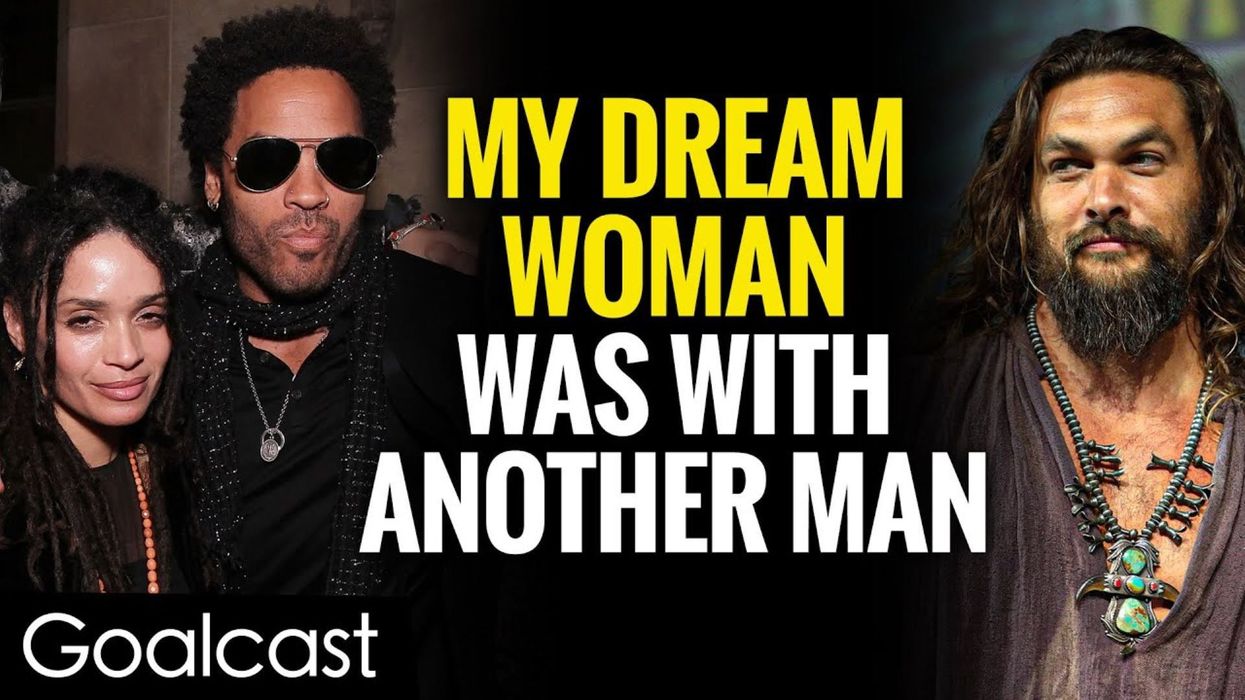

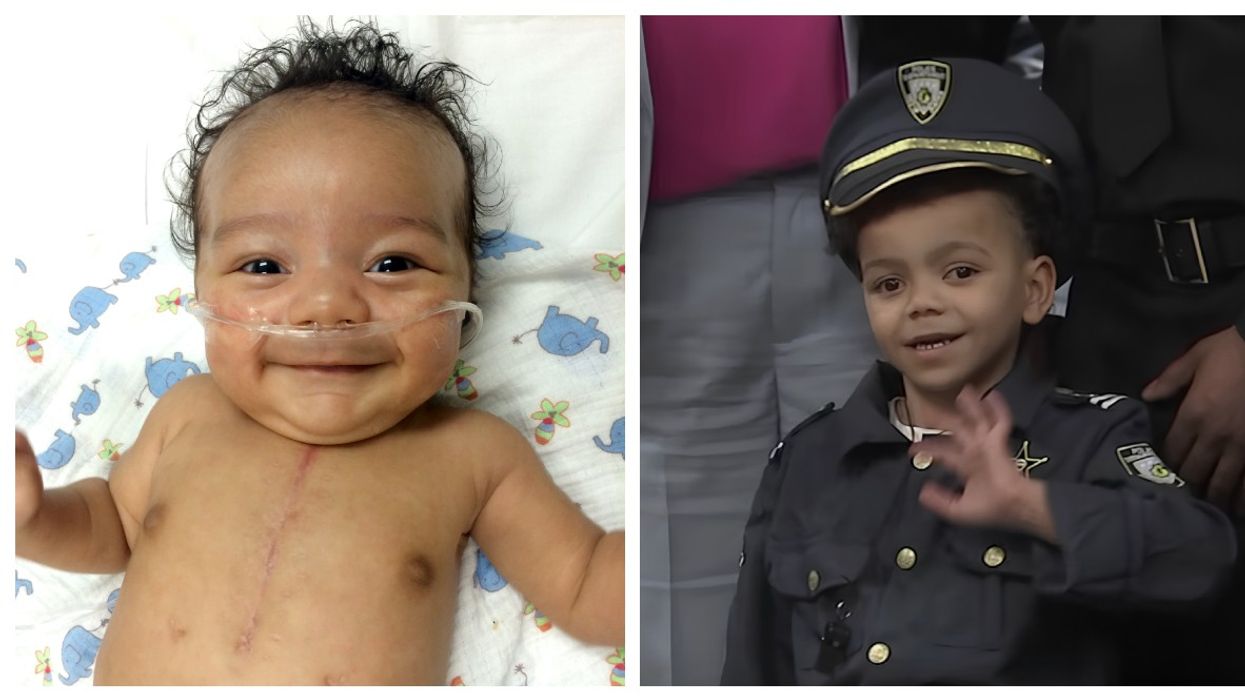
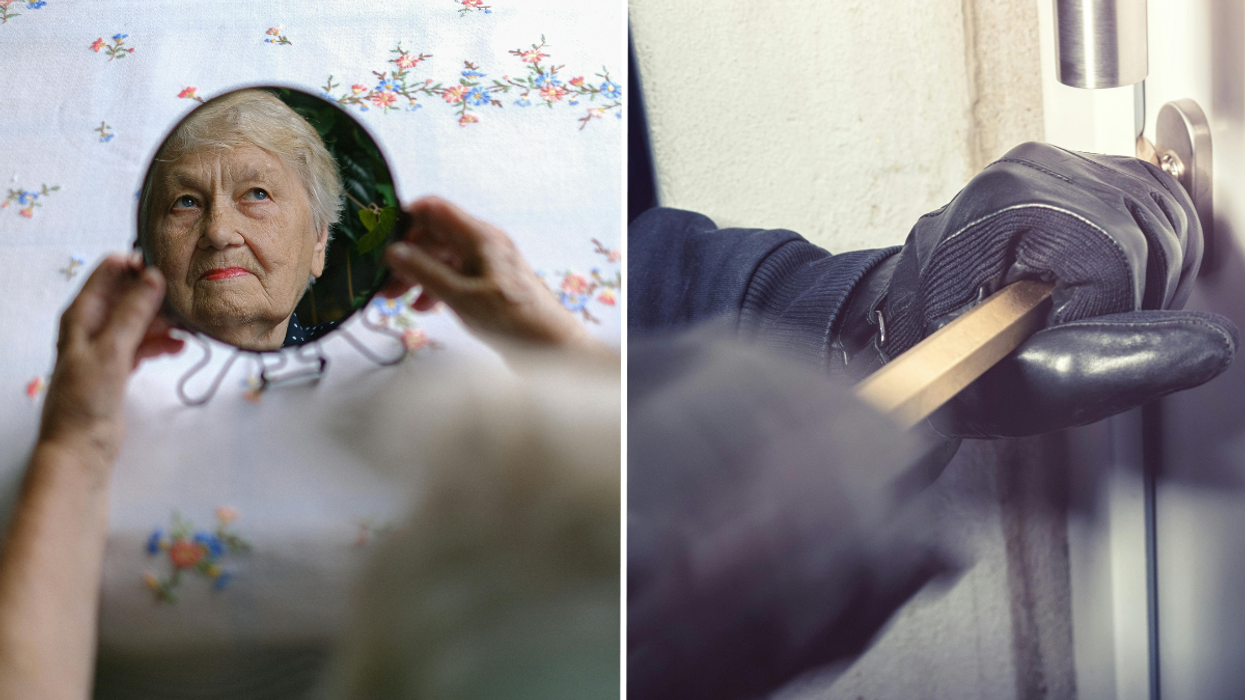
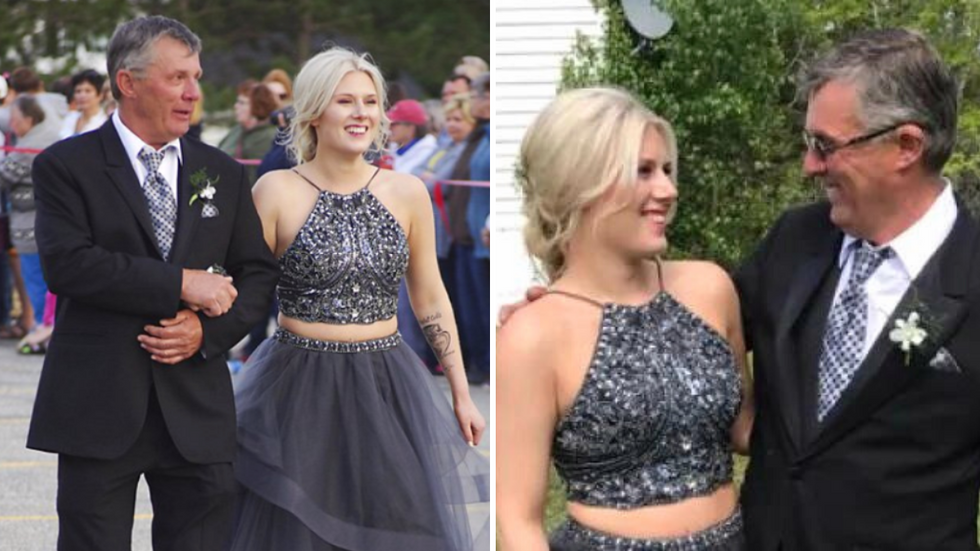

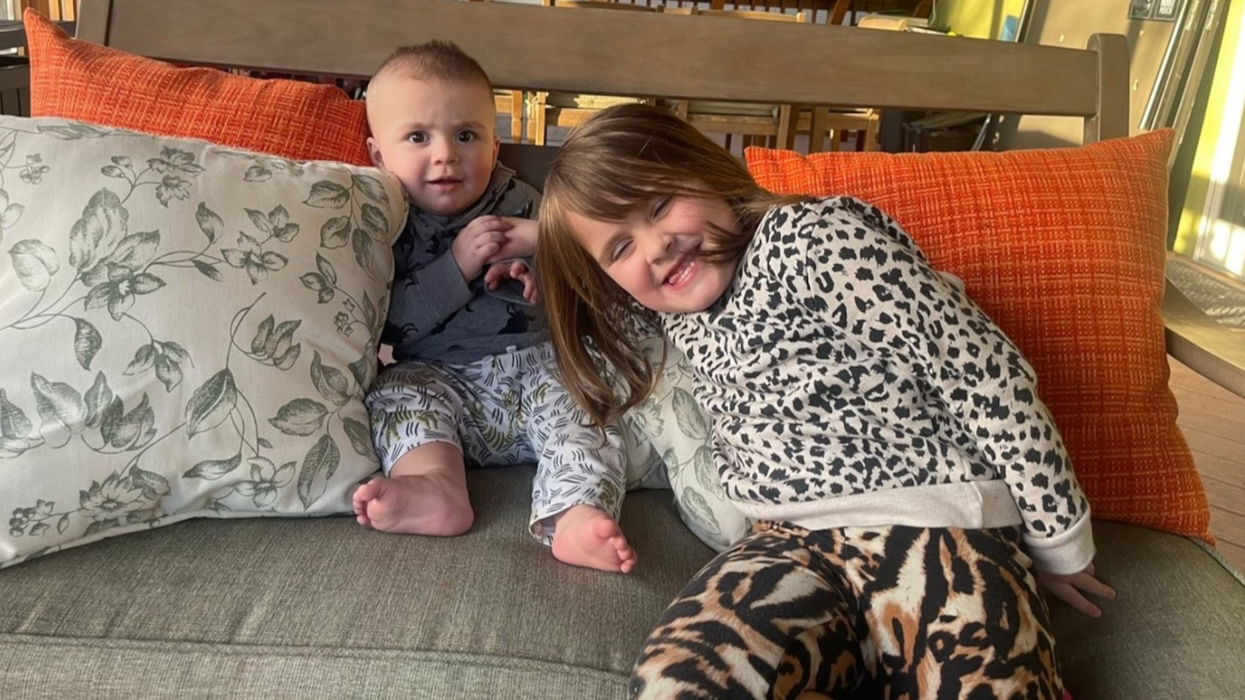 Two little children sitting on a couchBrittany Cole / ABC News
Two little children sitting on a couchBrittany Cole / ABC News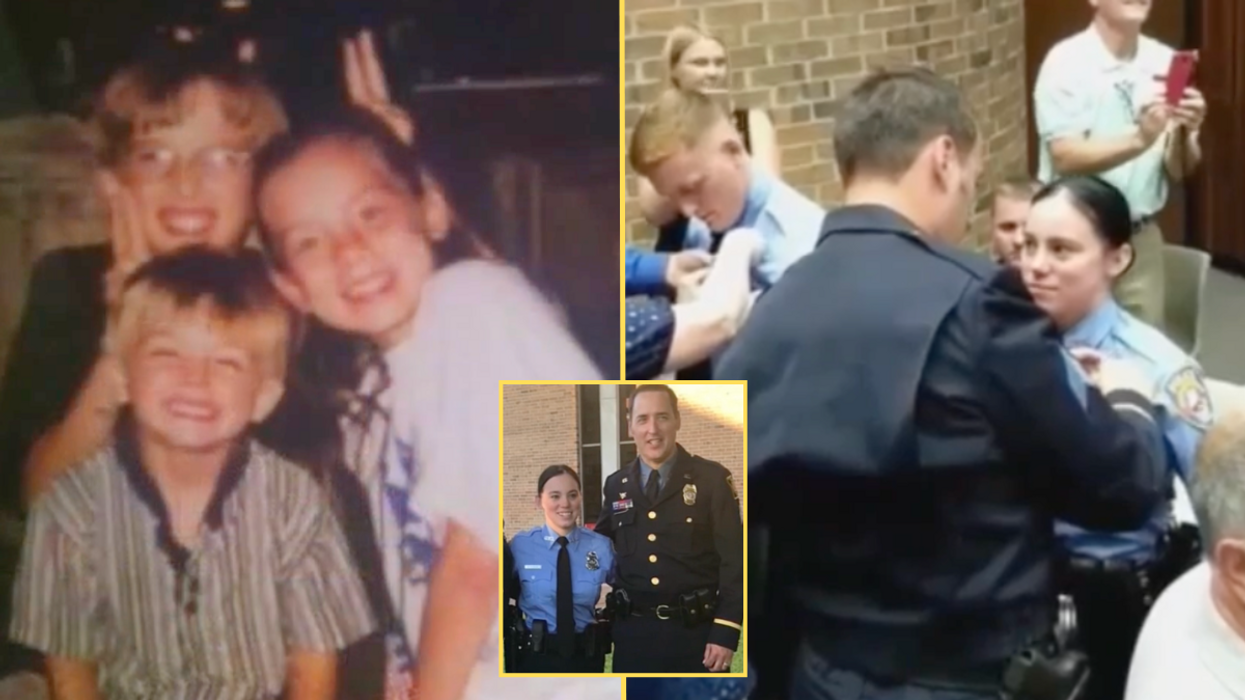

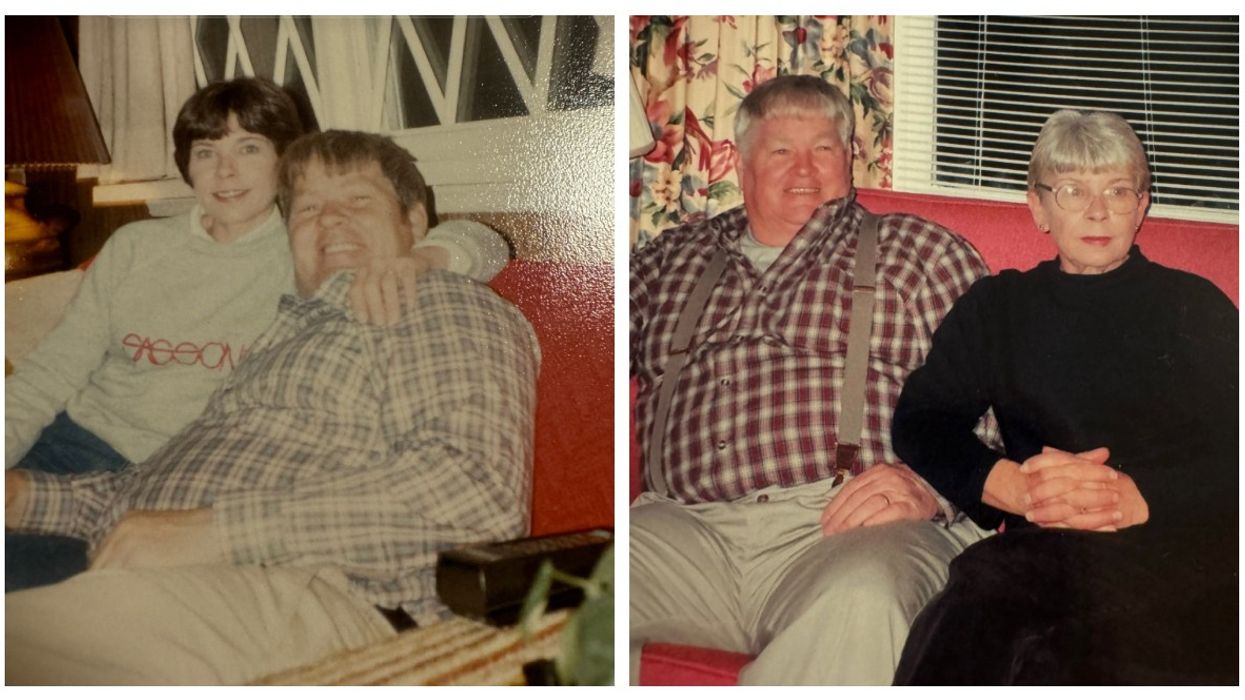

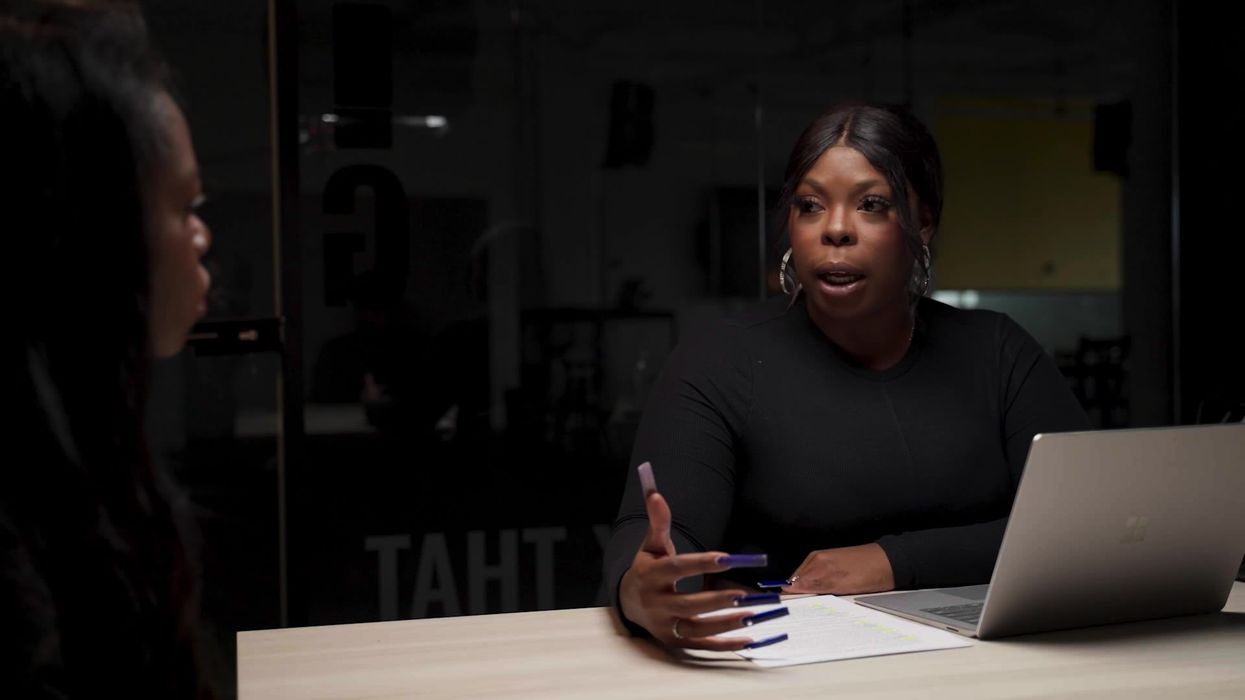
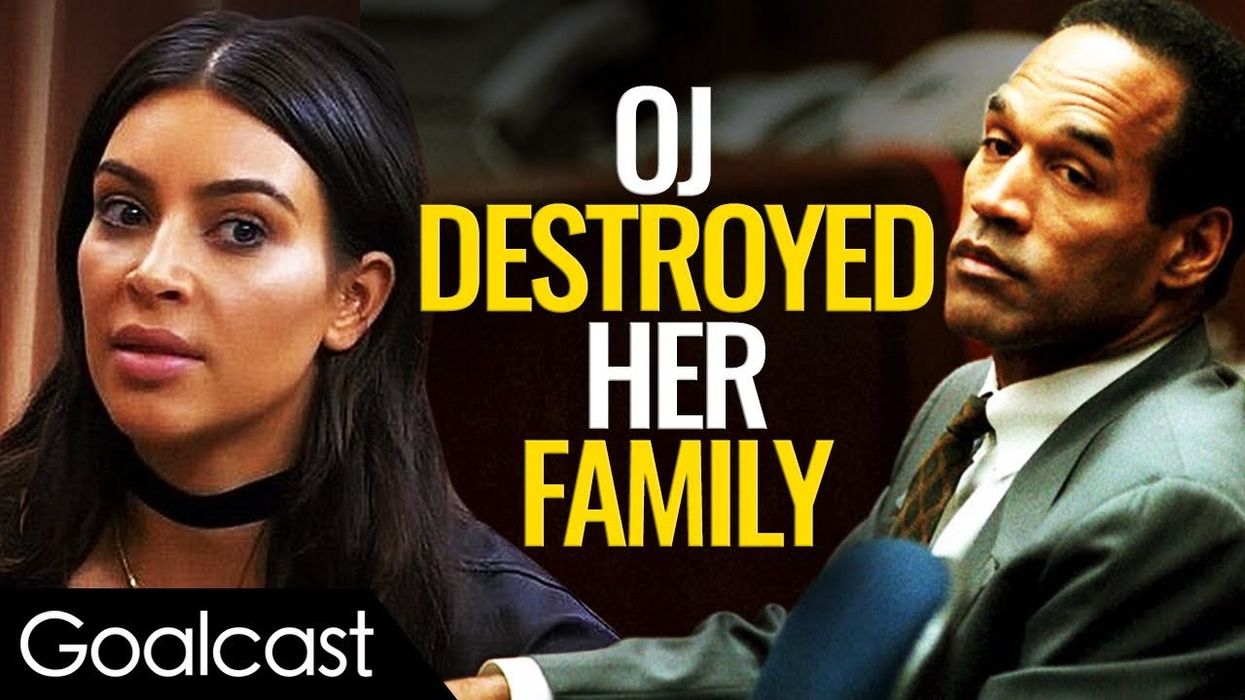
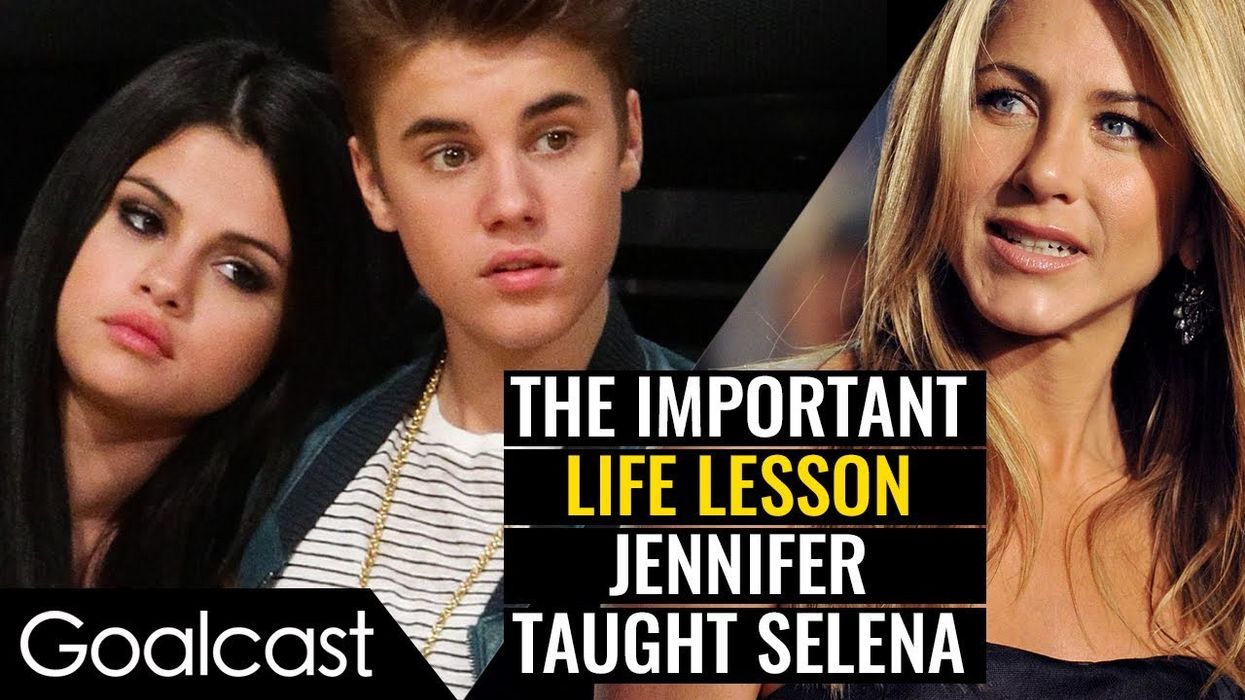
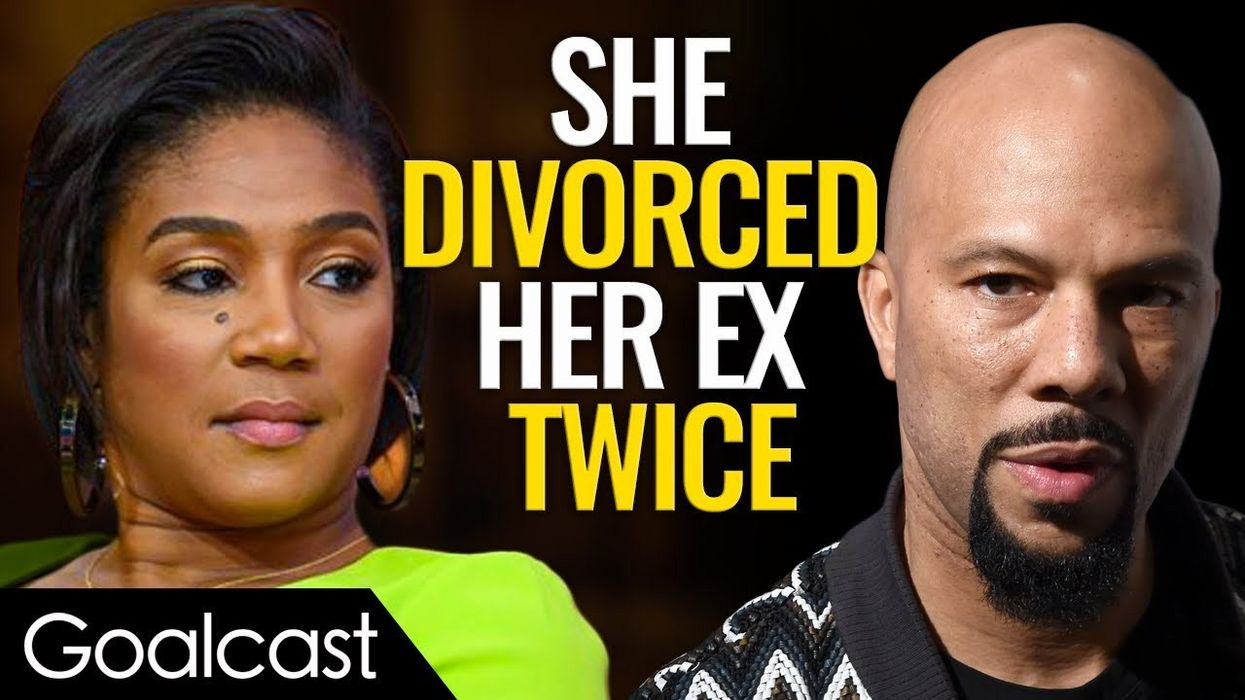




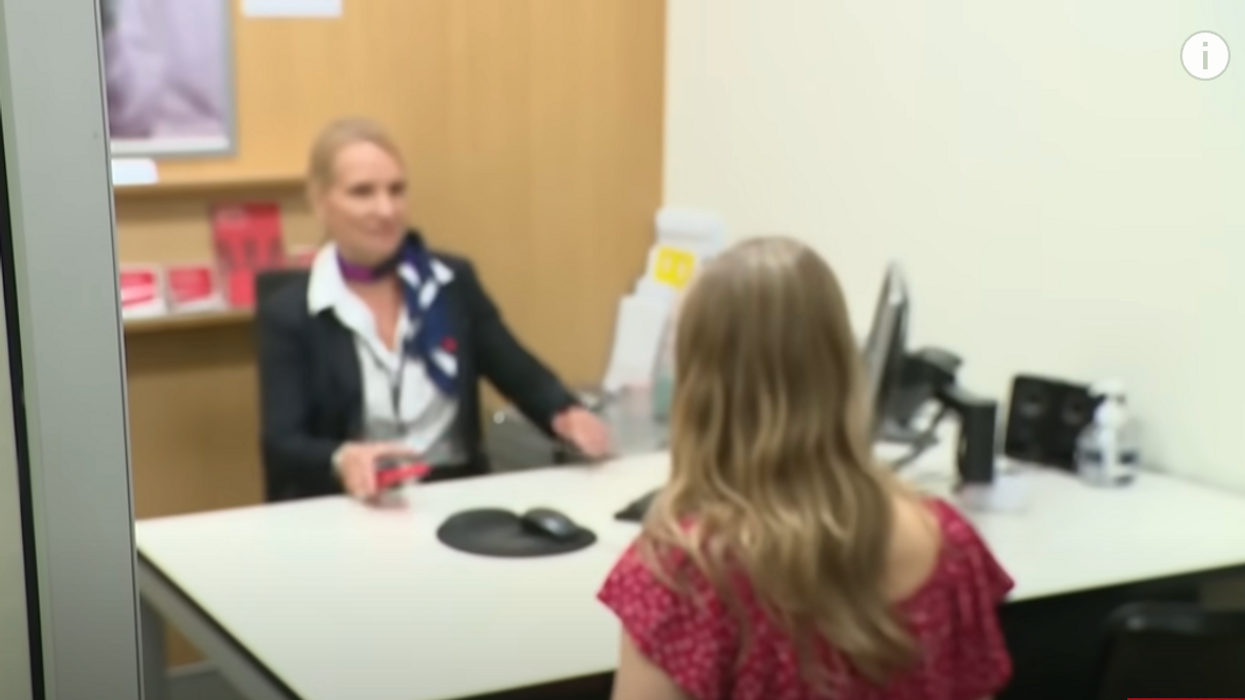 woman speaking to another woman sitting opposite herWestpac Banking
woman speaking to another woman sitting opposite herWestpac Banking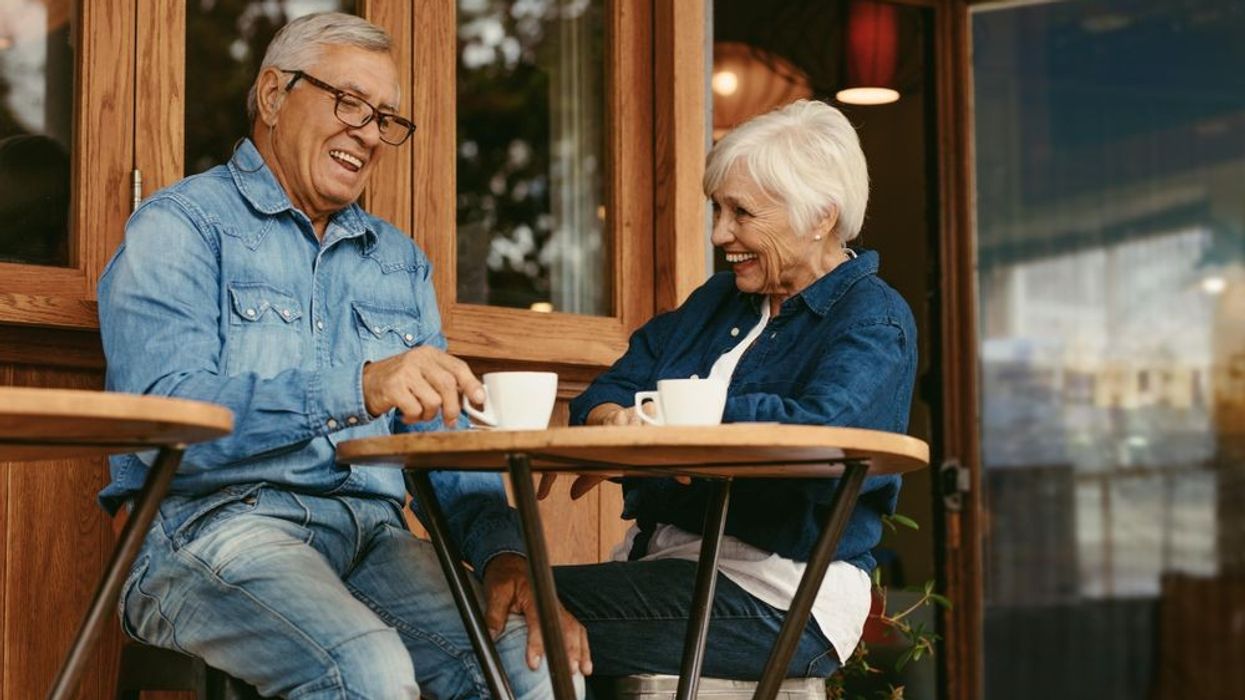 elderly couple laughing and drinking coffee outside a restaurant
elderly couple laughing and drinking coffee outside a restaurant
Military Dad Defends His 4 Little Daughters When Strangers Make This Rude Remark